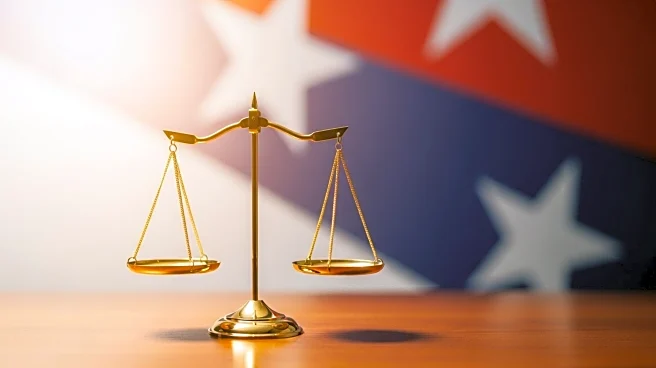What is the story about?
What's Happening?
Recent actions by the FCC and President Trump have sparked significant concerns regarding free speech in the United States. Republican Texas Senator Ted Cruz has voiced his apprehension about potential government overreach in regulating broadcast content. The controversy centers around the FCC's and President Trump's alleged intentions to penalize broadcasters for airing content perceived as critical of the president. This development has raised alarms about the government's role in determining acceptable speech, with Cruz warning against the dangers of such power. In Iowa, a separate incident involving University of Iowa employees discussing ways to circumvent a ban on Diversity, Equity, and Inclusion programs has also highlighted tensions around free speech. The employees were recorded without their knowledge, leading to an investigation by the Virginia-based law firm Consovoy McCarthy, known for its conservative affiliations.
Why It's Important?
The implications of these developments are profound, as they touch on the fundamental rights of free speech and the potential for government censorship. The actions of the FCC and President Trump could set a precedent for future administrations to control media narratives, which poses a threat to democratic principles. The involvement of Consovoy McCarthy in the Iowa case further complicates the situation, as their political leanings may influence the investigation's outcome. This raises concerns about impartiality and fairness in addressing free speech issues. The broader impact could lead to a chilling effect on media outlets and individuals, who may fear repercussions for expressing dissenting views.
What's Next?
The ongoing investigation in Iowa and the national debate over the FCC's actions are likely to continue drawing attention. Stakeholders, including media organizations, civil rights groups, and political leaders, may push for clearer guidelines and protections for free speech. The outcome of the Iowa investigation, particularly given the involvement of a politically aligned law firm, will be closely watched for its implications on academic freedom and employee rights. Additionally, legislative or judicial actions may be pursued to address concerns about government overreach in regulating speech.
















